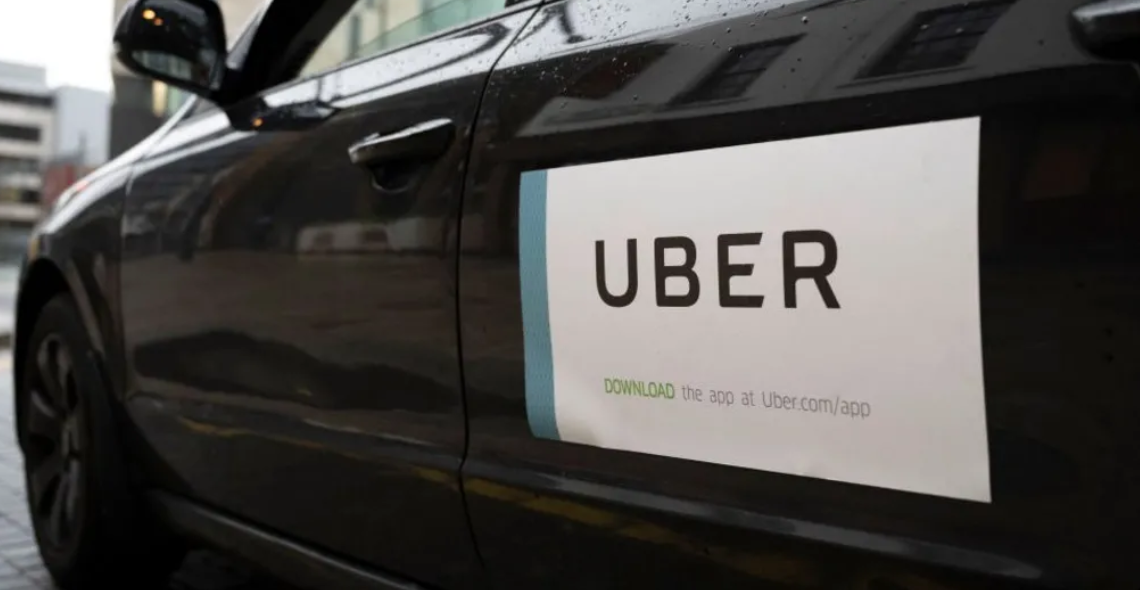Uber Technologies has announced plans to increase the minimum wage for its drivers in France, signaling a significant development in the ongoing debate over gig workers’ rights. The move comes as part of a broader agreement between ride-hailing companies and driver representatives in the country, reflecting a growing trend towards improving conditions for workers in the gig economy.
Under the new agreement, drivers will now earn a minimum income of 9 euros ($9.85) per trip, a substantial increase from the previous rate of 7.65 euros. In addition, they will be guaranteed a minimum income of 30 euros per hour and 1 euro per kilometer. These changes are set to be implemented gradually, with the revised hourly income guarantee and minimum wage per kilometer taking effect by May next year, and the increased revenue per trip coming into effect from February.
Uber’s decision to raise its minimum wage follows similar moves by other ride-hailing apps such as Bolt and Free Now, indicating a broader shift towards better compensation for gig workers across the industry. This trend is further underscored by recent developments at the legislative level, both in Europe and the United States.
Earlier this month, the European Union provisionally agreed on a bill aimed at extending employee benefits to workers in app-based platforms like Uber and Deliveroo. The bill seeks to address the classification of gig workers as independent contractors rather than employees, a distinction that has often deprived them of essential labor and social protections. Once formally adopted by the European Parliament and the Council, the bill will provide greater security and rights for gig workers, preventing them from being wrongly classified and ensuring they receive the benefits they deserve.
In a similar vein, a New York state appeals court recently upheld a minimum wage law for app-based delivery workers in New York City. The law mandates that companies pay these workers $17.96 per hour, with the rate set to rise to nearly $20 by April 2025. This legal decision reflects a growing recognition of the need to protect the rights of gig workers and ensure they are fairly compensated for their work.
The agreement between Uber and its drivers in France, along with these broader legislative developments, marks a significant step forward in the ongoing debate over gig workers’ rights. By raising the minimum wage and guaranteeing a more stable income for its drivers, Uber is taking a proactive stance in addressing the concerns of its workforce. As discussions around gig economy regulations continue to evolve, these developments signal a growing consensus on the need to ensure fair treatment and adequate compensation for gig workers worldwide.
(Source: CNA | Bloomberg)









